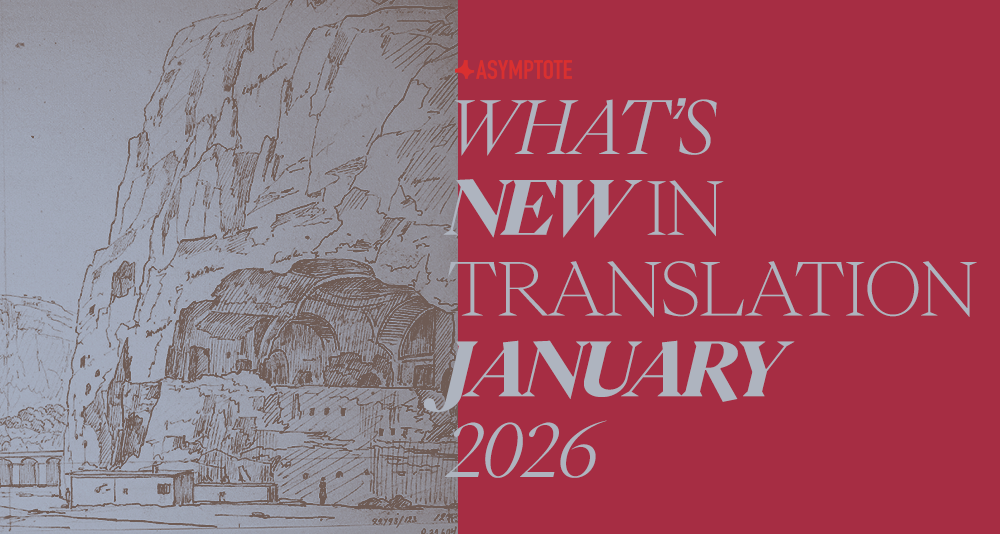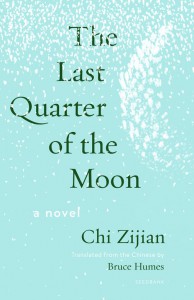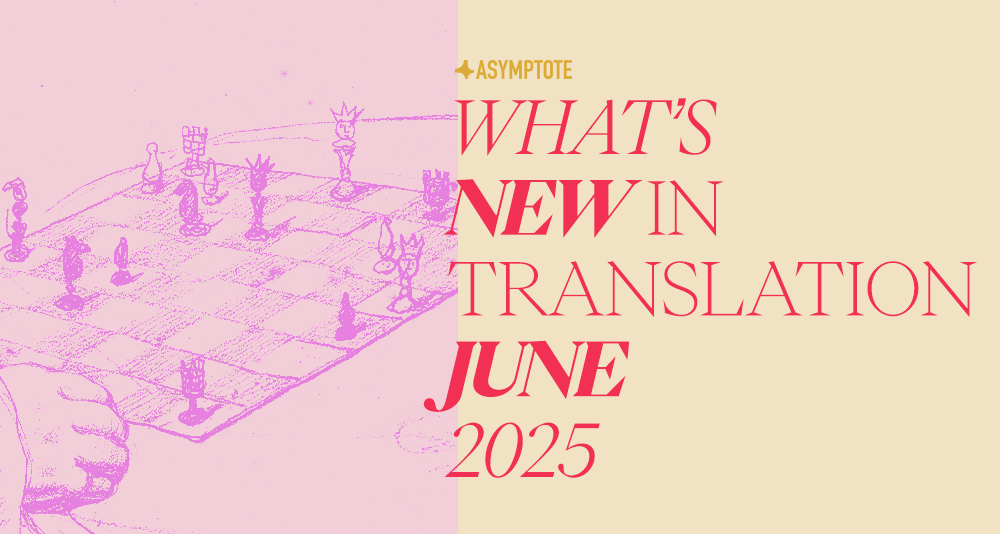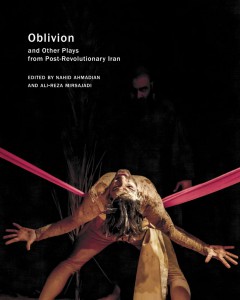Our editors-at-large have got you covered on all the latest news from around the world! Out of Italy, we have a dispatch on a Nordic literary festival in Milan; out of Puerto Rico, we learn about the creation of a new PhD Program in Creative Writing and get a roundup of new titles from an independent press; and out of Hong Kong, we discover a controversy in literary media, new releases, and a conference dedicated to AI. Read on to find out more!
Veronica Gisondi, Editor-at-Large, reporting from Italy
On February 23rd, Andrev Walden’s “cursed men” inaugurated the 12th edition of i boreali nordic festival. Hosted by Milan’s Teatro Franco Parenti, the Swedish author stepped on stage with Veronica Raimo—author of the award-winning Lost On Me (2023)—to discuss his dazzling debut, Jävla karlar (2023). Just published in Italian as Maledetti uomini (2026) by Iperborea, the publishing house behind the festival, the book is also forthcoming from Penguin, which previously released it through its Fig Tree imprint.
Over the course of the evening, Walden and Raimo spoke about the book’s many unexpected turns, beginning with its remarkable success. “A coming-of-age story about a boy and his seven fathers,” Walden said, “I thought the book would only resonate with men.” Instead, it sold more than 350,000 copies in a country of ten million. Many female readers recognized their own childhoods in the novel, suggesting that “there’s really not much difference between boys and girls,” as the author noted. “Life is hard for all of us.” READ MORE…









